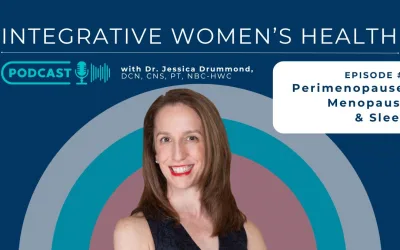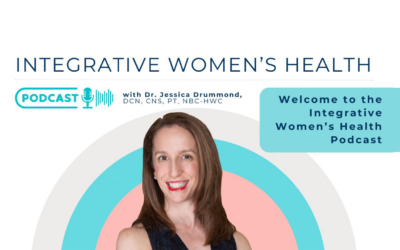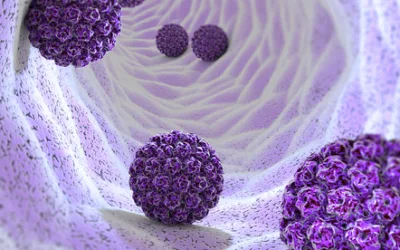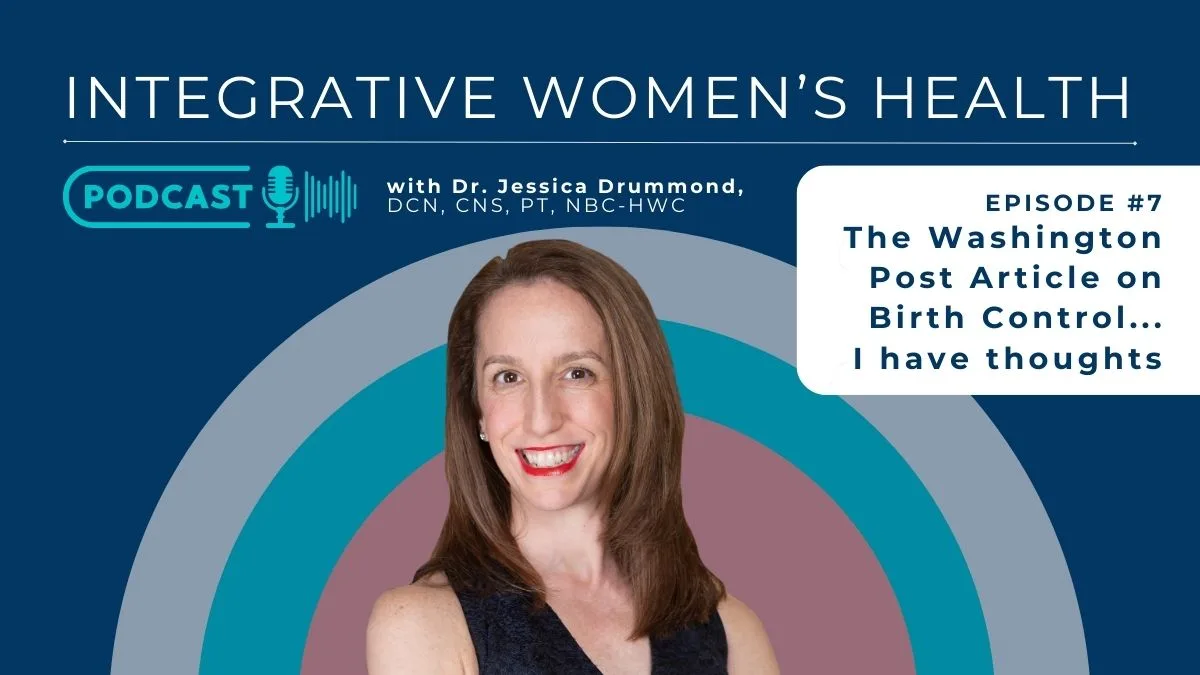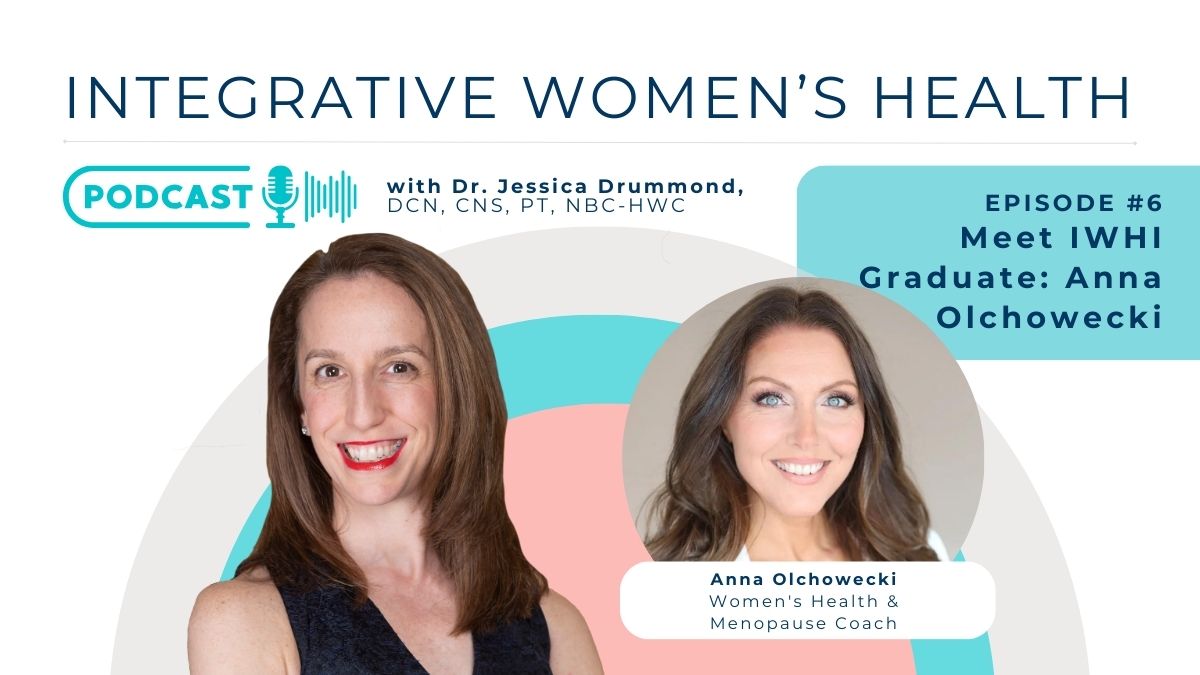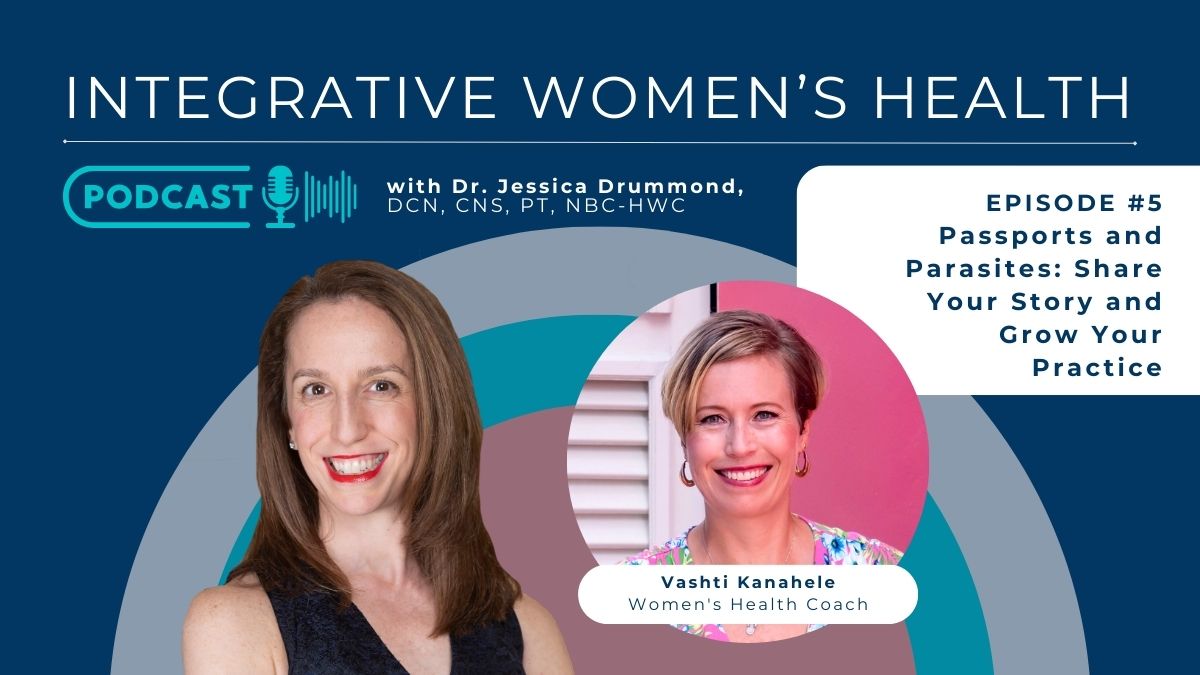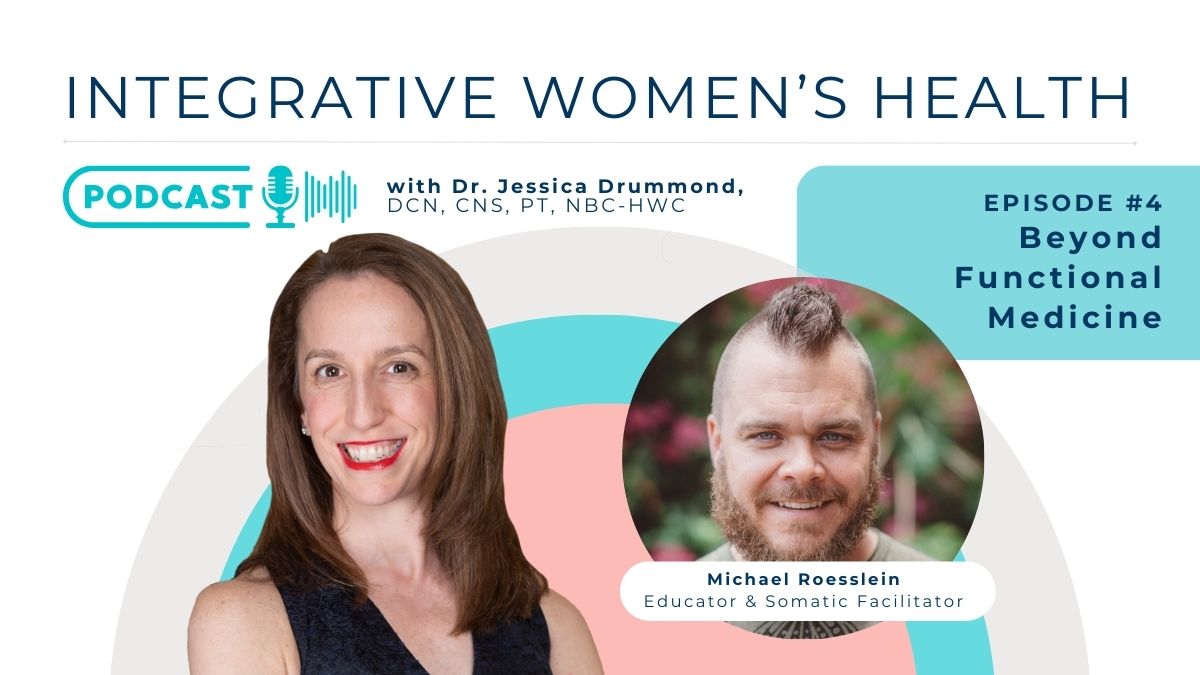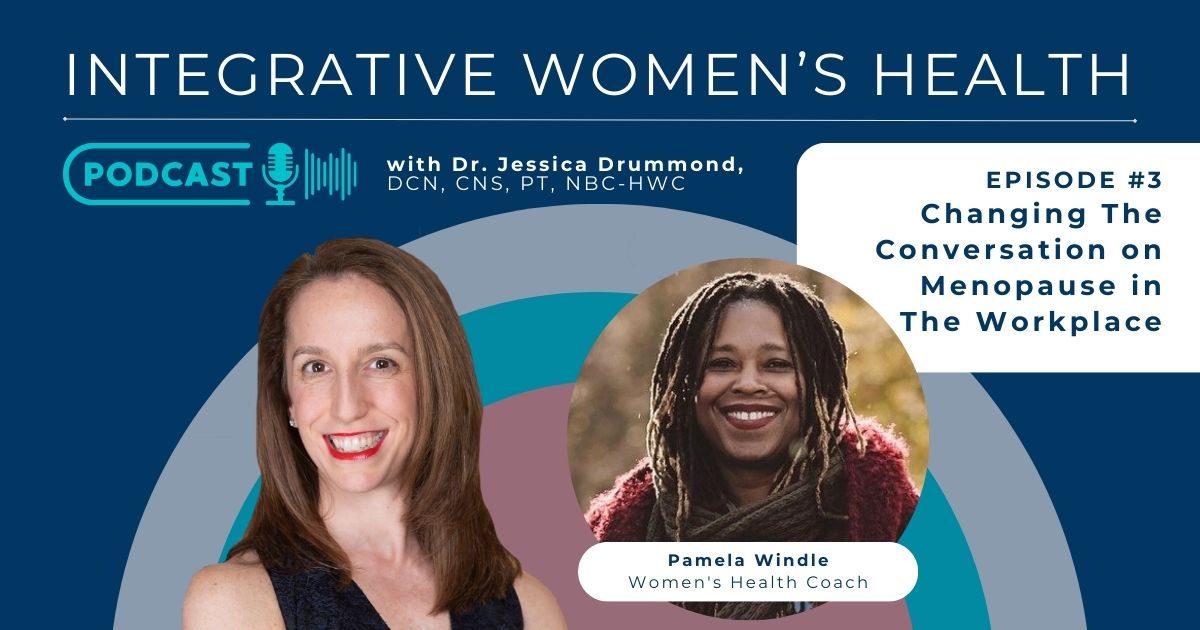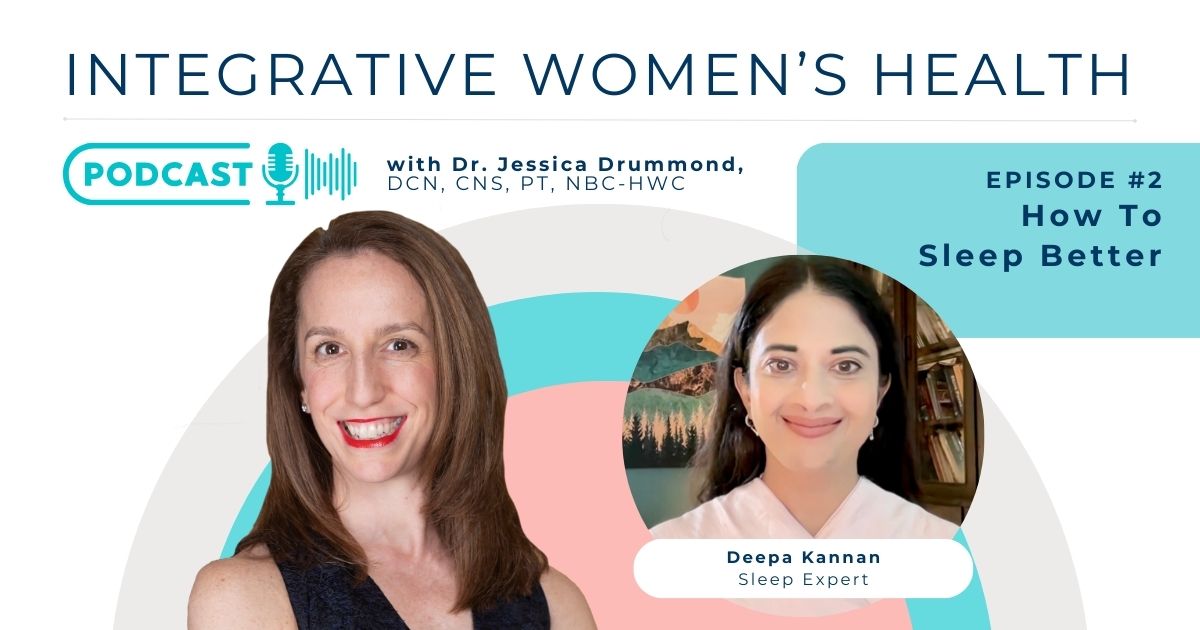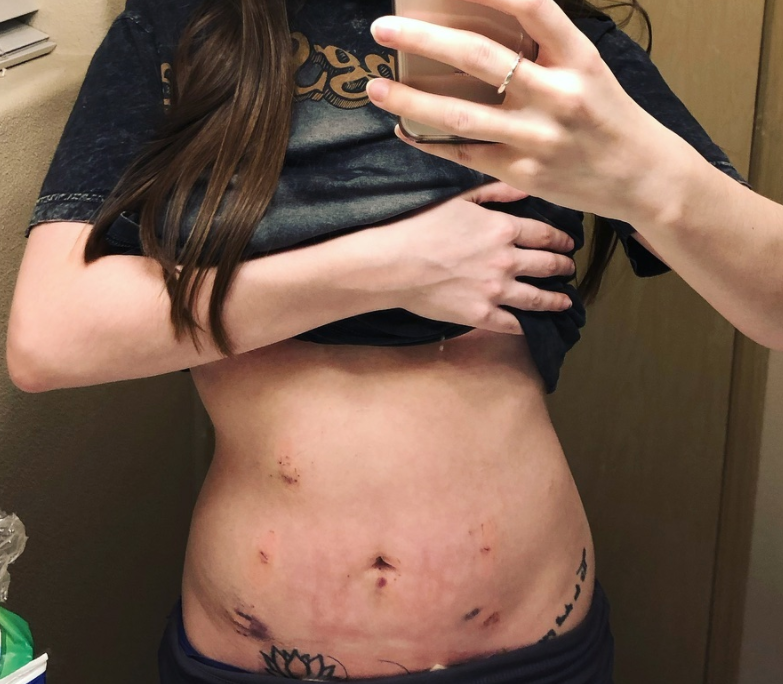
Why are we talking about cannabis and CBD in relation to endometriosis?
Because a whopping 76% percent of people with endometriosis use self-care strategies to manage their pain and other symptoms. (Armour, et al., 2019).
When your clients have endometriosis, you know that pelvic pain relief is always a priority.
Recent studies indicate that CBD and cannabis are powerful tools for combating endometriosis and chronic pelvic pain.
In a recent study out of Australia, women with endometriosis-related chronic pelvic pain reported that four self-care activities had the most positive effects on their pain:
“Cannabis, heat, hemp/CBD oil, and dietary changes were the most highly rated in terms of self-reported effectiveness in pain reduction (with mean effectiveness of 7.6, 6.52, 6.33, and 6.39, respectively, on a 10-point scale).” (Armour, et al., 2019)
Since people with endometriosis are using self-care strategies, we want to be sure to educate them on the most effective strategies to use any CBD or cannabis-related products, topicals, edibles, etc.
Even now in 2023 when 37 states have legalized cannabis in some form, CBD (cannabidiol), hemp, and cannabis production still exist in a legal gray area from a federal standpoint.
Our goal is to educate and support clients to understand what CBD, CBG, CBN, THC, or any of the other 100+ cannabinoids can do to benefit them. Integrative health and wellness experts who work with clients and patients with endometriosis and pelvic pain must have the skills to educate our clients.
This includes sharing high quality sources, so that they can purchase their cannabinoid products from skilled producers with integrity, third-party testing, and other standards in place.
Recommended CBD Brands & Products
Our Favorite: Lock & Key Remedies CBD
- Hemp-derived CBD products
- Our favorites for pain relief are their Extreme Formulation Tincture and their 50 mg Full Spectrum CBD Capsules
- Save 30%! Use code IWHI at checkout. Click here to browse their selection of medical grade CBD products.
An overwhelming share of U.S. adults (91%) believes either that marijuana should be legal for medical and recreational use (60%) or that it should be legal for medical use only (31%). (Pew)
However, people are still confused about the difference between hemp, marijuana, and CBD. This is a common issue that is due to the legal gray area that the cannabis industry is stuck in right now while it remains federally illegal while 37 states have passed legislation legalizing cannabis in some form.

BECOME AN ENDOMETRIOSIS EXPERT IN 3 MONTHS!
Discover how to provide your clients with the specialized care and support to help them address their endometriosis symptoms while also growing your own practice and niche skillset.
Earn up to 33.5 CEUs for physical therapists, nutritionists, and health coaches. CEUs available for IWHI, TPTA, and ANA.
This 3-month Certificate Program starts as soon as you enroll!
Hemp, marijuana, and CBD are all related, but they differ in significant ways.
Cannabis vs Hemp? What’s the Difference?
Hemp plants and marijuana plants are both the same species, and they are both technically cannabis plants.
Legally, hemp is defined as a cannabis plant that contains 0.3 percent or less THC, while marijuana is a cannabis plant that contains more than 0.3 percent THC.
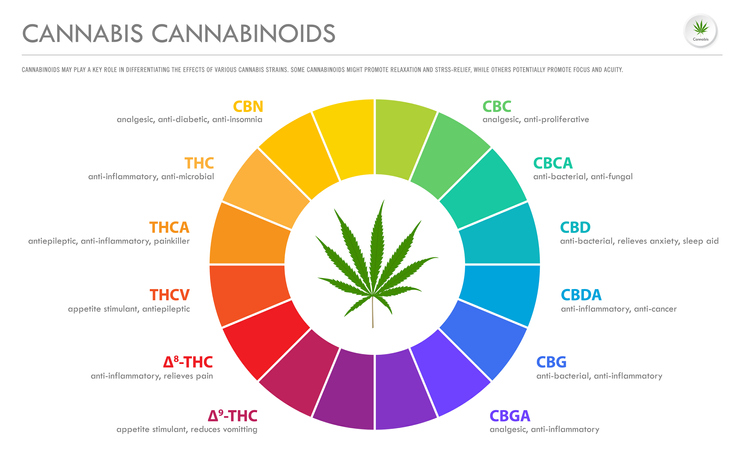
CBD can be derived from both hemp and marijuana plants.
That’s right, read that again. CBD, one of the hundreds of cannabinoids found in cannabis plants, can be extracted from both hemp and marijuana.
Cannabinoids are defined as any of various naturally occurring, biologically active, chemical constituents (such as cannabidiol or cannabinol) of hemp or cannabis including some (such as THC) that possess psychoactive properties.
There are over 100 cannabinoids in hemp and marijuana, with CBD (cannabidiol) and THC (tetrahyrdocannabinol) being the most widely recognized ones.
Another crucial component of why and how cannabis can help endometriosis is because humans have a pre-synaptic Endocannabinoid System.
The ECS is a recently discovered system considering how important it is for crucial and basic bodily functions, such as learning and memory, emotional processing, sleep, temperature control, pain control, inflammatory and immune responses, and eating. The ECS is currently at the center of renewed international research and drug development. (Harvard Health).
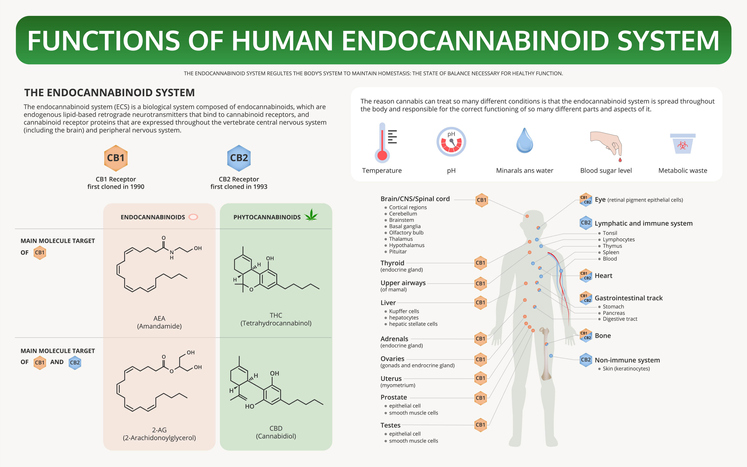
The Endo Cannabinoid System
“The ECS comprises a vast network of chemical signals and cellular receptors that are densely packed throughout our brains and bodies.
The “cannabinoid” receptors in the brain — the CB1 receptors — outnumber many of the other receptor types on the brain.
They act like traffic cops to control the levels and activity of most of the other neurotransmitters.
This is how they regulate things: by immediate feedback, turning up or down the activity of whichever system needs to be adjusted, whether that is hunger, temperature, or alertness.
To stimulate these receptors, our bodies produce molecules called endocannabinoids, which have a structural similarity to molecules in the cannabis plant.
The first endocannabinoid that was discovered was named anandamide after the Sanskrit word ananda for bliss.
All of us have tiny cannabis-like molecules floating around in our brains.
The cannabis plant, which humans have been using for about 5,000 years, essentially works its effect by hijacking this ancient cellular machinery.” (Grinspoon, Harvard Health)
Should you choose full spectrum or broad spectrum CBD products?
CBD products are available as full spectrum or broad spectrum.
Full Spectrum products include ALL cannabinoids from the source plant, including a trace amount of THC.
Full spectrum products are true, whole-plant medicine.
On the other hand, Broad Spectrum products include all cannabinoids from the source plant EXCEPT for THC.
It is important to understand their difference, especially if you work somewhere that requires regular drug testing and you work for a company or live in a state where marijuana and THC are illegal.
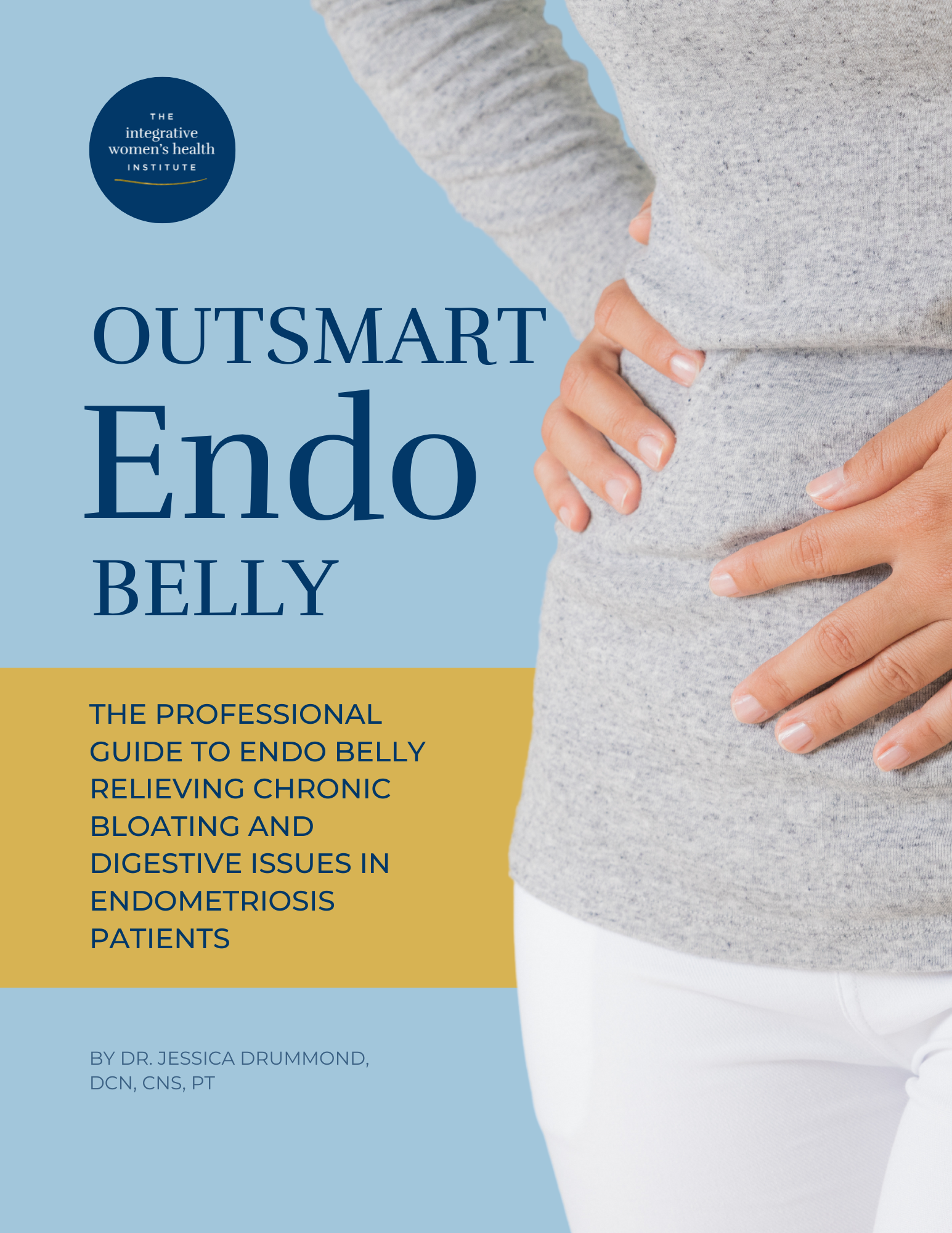
Download your free copy of the Outsmart Endo Belly eBook!
The Professional Guide to Relieving Chronic Bloating, Pain, and Digestive Issues in People with Endometriosis
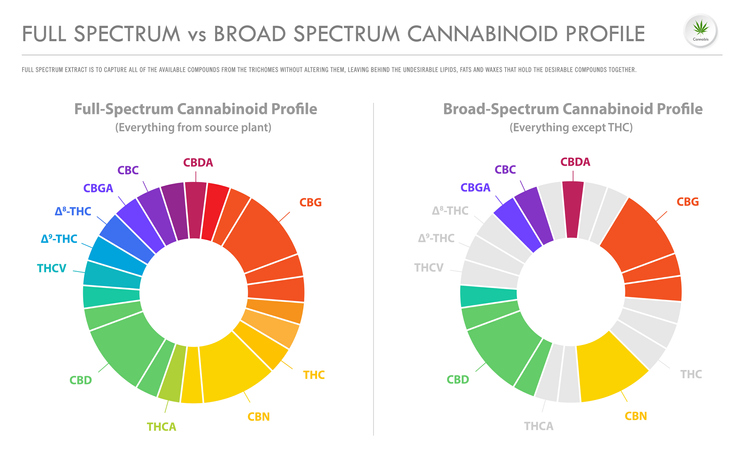
It is important to understand their difference, especially if you work somewhere that requires regular drug testing and you work for a company or live in a state where marijuana and THC are illegal.
One of the main functions regarding exactly how supplemental phytocannabinoids (such a CBD products) reduce pain in endometriosis and other chronic pelvic pain conditions is via their modulation of the neurotransmitter, GABA.
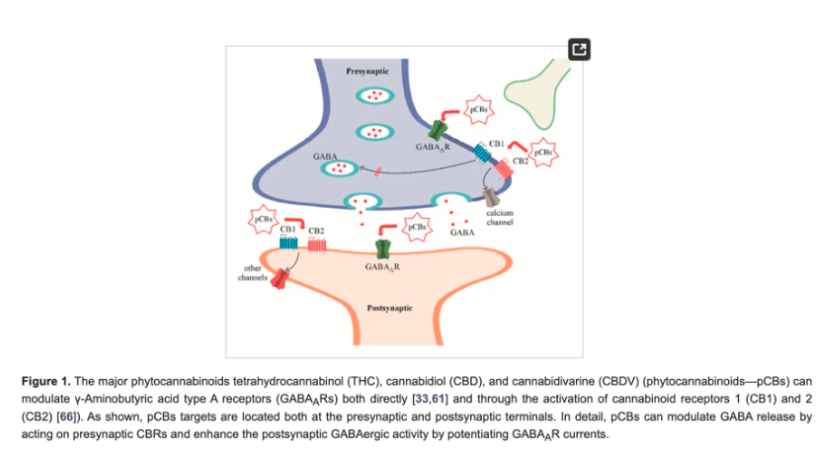
Many people with endometriosis also struggle with GABA deficiency related anxiety, myofascial tension, and sleep disturbances.
CBD can be helpful to address these common symptoms as well.
CBD also triggers the Transient Receptor Potential Vanilloid 1 (TRPV1), which functions as a major nociceptive integrator.
It plays a role in desensitizing pain.
Image Source: Cifelli, et al., 2020
Plus, CBD can act as an antagonist to GPR18, which can reduce cellular migration, thus potentially limiting the proliferation of endometriosis lesions.
Don’t forget that endometriosis is similar to cancer in that it’s the growth and proliferation of abnormal cells.
Via it’s interaction with the TRPV1 receptor, CBD can help to halt that abnormal growth.
Exactly how to use cannabinoids and when will vary from person to person.
It’s essential to always take an individualized approach to using cannabinoids and to integrate this tool with a complete personalized nutrition and lifestyle medicine approach.
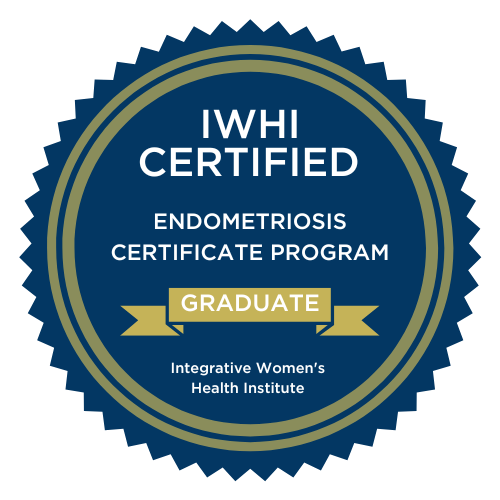
BECOME AN ENDOMETRIOSIS EXPERT IN 3 MONTHS!
Discover how to provide your clients with the specialized care and support to help them address their endometriosis symptoms while also growing your own practice and niche skillset.
Earn up to 33.5 CEUs for physical therapists, nutritionists, and health coaches. CEUs available for IWHI, TPTA, and ANA.
This 3-month Certificate Program starts as soon as you enroll!
References
Armour, M., Sinclair, J., Chalmers, K. J., & Smith, C. A. (2019). Self-management strategies amongst Australian women with endometriosis: a national online survey. BMC complementary and alternative medicine, 19(1), 17. doi:10.1186/s12906-019-2431-x
Cifelli P, Ruffolo G, De Felice E, Alfano V, van Vliet EA, Aronica E, Palma E. Phytocannabinoids in Neurological Diseases: Could They Restore a Physiological GABAergic Transmission? International Journal of Molecular Sciences. 2020; 21(3):723. https://doi.org/10.3390/ijms21030723
https://www.health.harvard.edu/blog/the-endocannabinoid-system-essential-and-mysterious-202108112569

Founder & CEO
Dr. Jessica Drummond,
DCN, CNS, PT, NBC-HWC
Dr. Jessica Drummond, DCN, CNS, PT, NBC-HWC, is the founder and CEO of The Integrative Women’s Health Institute, The Outsmart Endo Health Coaching Program, and the creator of the Women’s Health Coach Certification.
She is passionate about caring for and empowering people who struggle with women’s and pelvic health concerns. She is equally passionate about educating and supporting clinicians and wellness professionals in confidently and safely using integrative tools to transform women’s and pelvic healthcare.
Dr. Drummond has two decades of clinical experience as a licensed physical therapist, licensed clinical nutritionist, and board certified health coach working with women with pelvic pain, including endometriosis, vulvodynia, and bladder pain syndrome. She brings a unique, conservative, and integrative approach to supporting women to overcome hormonal imbalances, and chronic pain conditions.
She is a sought after international speaker on topics such as integrative pelvic pain management, natural fertility options, optimal hormone health, menopause, and female athlete nutrition. Dr. Drummond was educated at the University of Virginia, Emory University, Duke Integrative Medicine, and Maryland University of Integrative Health.
Read Related Posts from The Integrative Women's Health Institute Blog:


